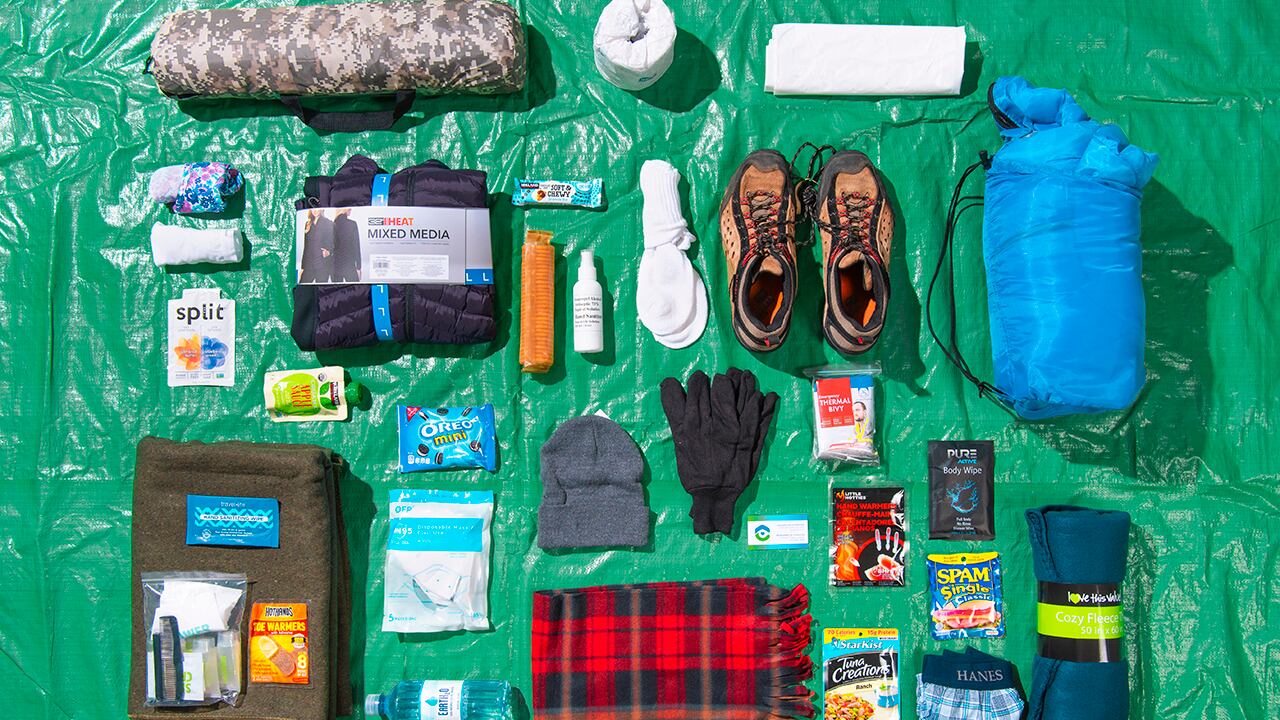This year, counting our blessings feels different.
Many of us will spend this Thanksgiving away from loved ones, gathering together via video but physically apart. We will hope that a relentless virus slows its march across Oregon, pray for the swift arrival of a vaccine, and say thanks that we have been spared greater calamity.
We will reflect on a year that forced us to grapple with a violent and unfair present and face an uncertain future. And we will think about the people who helped get us through it.
If "We're All in This Together" is the battle cry of 2020, these five Oregonians actually prove it. In 2020, many of us retreated inside to wait it out, while others rushed to the front lines to usher in change.
In the following pages, you'll meet people who kept Portland going in a crisis. They provided comfort and care to those sleeping on our streets. They cooked the meals we carry home in takeout boxes. They battled wildfires raging in the mountains. They tended the wounds of protesters confronting federal agents. And they taught our children, even when school buildings were shuttered.
We asked them what they're thankful for. And they showed us.
Each person gave us a glimpse of the tools they use each day to help others. They brought to our office the objects that allow them to support our city and state.
In the next few pages, we show you those items— and pay homage to the people who are not just carrying on, but carrying hope of progress, optimism and sunnier days ahead with the things they carry.
News editor Aaron Mesh contributed reporting to this story.
Support

Kim James runs a squadron of kindness. James, 56, shown far left, oversees six clinicians who provide mental health counseling to people sleeping on the streets of Portland. The street response team at Cascadia Behavioral Healthcare makes its way from shop doorways to city parks, delivering mental health care to some of the people who need it most, and are least likely to receive it.

The first step: giving people winter gear, whether it's socks or a tent. (You can donate gear at cascadiabhc.org.) "We have not slowed down in COVID," James says. "This team pulls together in a crisis."

Strength

"We will survive this challenging time. We are fortunate ones. We must remember every day about the good fortune within us and that we have for each other."
In March, Nui Songsaeng was laid off from Nike. She was a single mom looking for work. So in July, she opened a food cart. Songsaeng, 41, runs Super Bowl PDX, located at 7339 NE Martin Luther King Jr. Blvd., serves a panoply of Asian Street food: ramen and udon soups, shrimp tempura, and a battered chicken sausage on a stick—which she calls the S.B.K. Dog. One benefit Songsaeng sees in the food-cart business: Her family has plenty of food.

Resilience

"I'm grateful for the resilience of the environment to recover after fire and the resiliency of my community to keep pushing along among all the difficulties."
Courtney Kaltenbach spent her summer vacation from the University of Oregon digging fire lines. Kaltenbach, 21, worked from July through September on "hand crews" battling wildfires in Colorado and California, and on the Oregon Coast. She worked 16-hour days hunting for hot spots in the burned forest and keeping watch to make sure sparks didn't fall over the line. Kaltenbach found the experience gratifying: "It was also really nice to sleep in the woods and get paid to do that."

Conversation

"I'm grateful for the conversations about things that affect the people of color in our communities and what we can do to keep those people safer and start creating more equality."
Chris Wise, 30, intended in May to protest against police brutality. Instead, he began tending to the injured. He joined a crew of volunteer medics that stood watch nightly at the edge of the South Park Blocks as protesters squared off against federal officers. In late June, a federal agent shot Wise in the head with a tear gas canister from half a block away, concussing him. "I do wish I hadn't gotten shot in the head," he says, "but there is usually a way to take a bad thing and turn it into fuel for good things."

Community

"I'm grateful for community—school community has been very important, especially when distance learning when you're trying to make relationships with students and center student voices."
Nancy Arteaga, 32, teaches 115 sixth graders in language arts at Lane Middle School in the Brent- wood-Darlington neighborhood of Southeast Portland. In March, she made a rapid transition to virtual teaching after Gov. Kate Brown closed schools statewide. She's still instructing students via video—and will be well into 2021.

